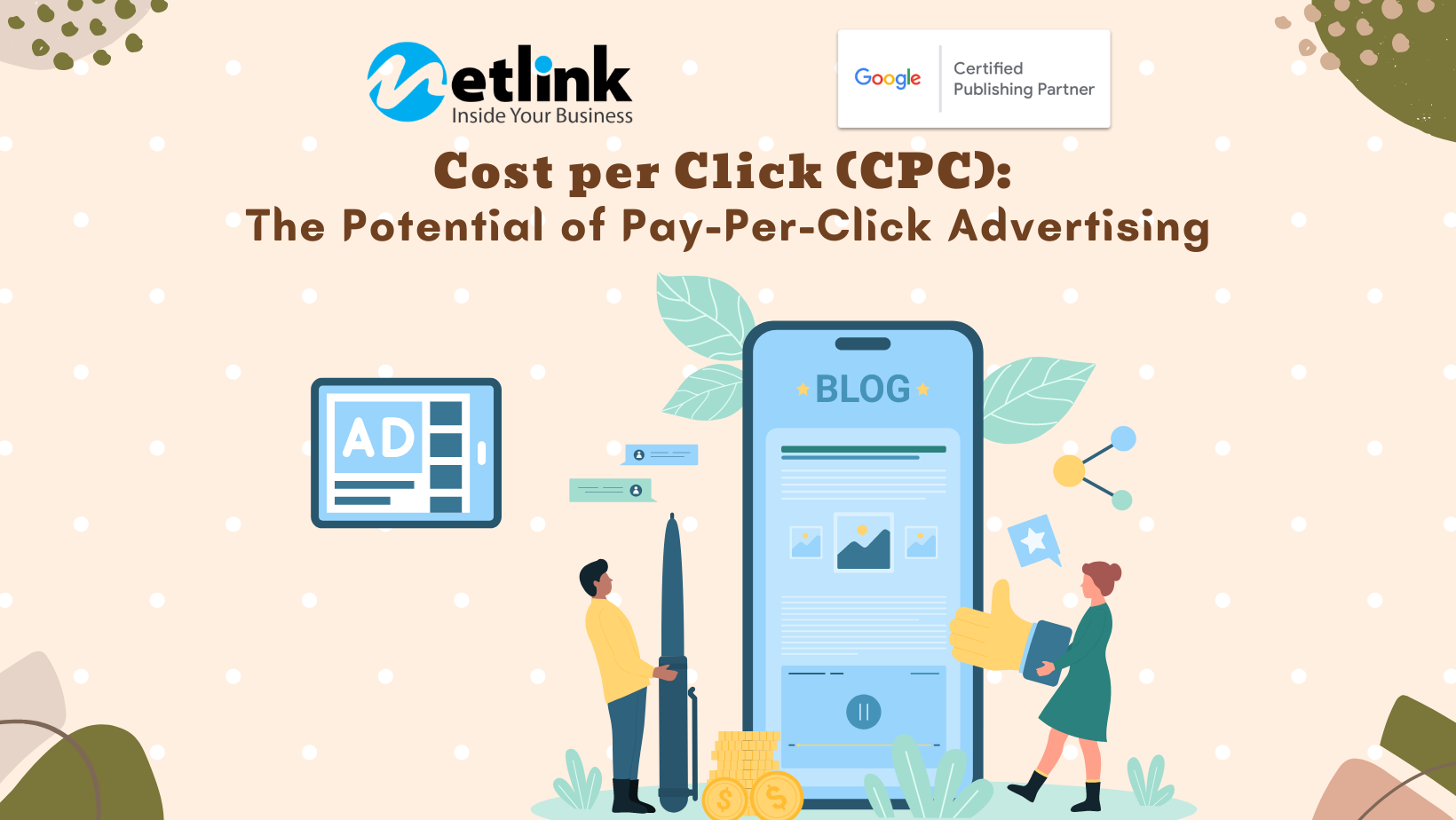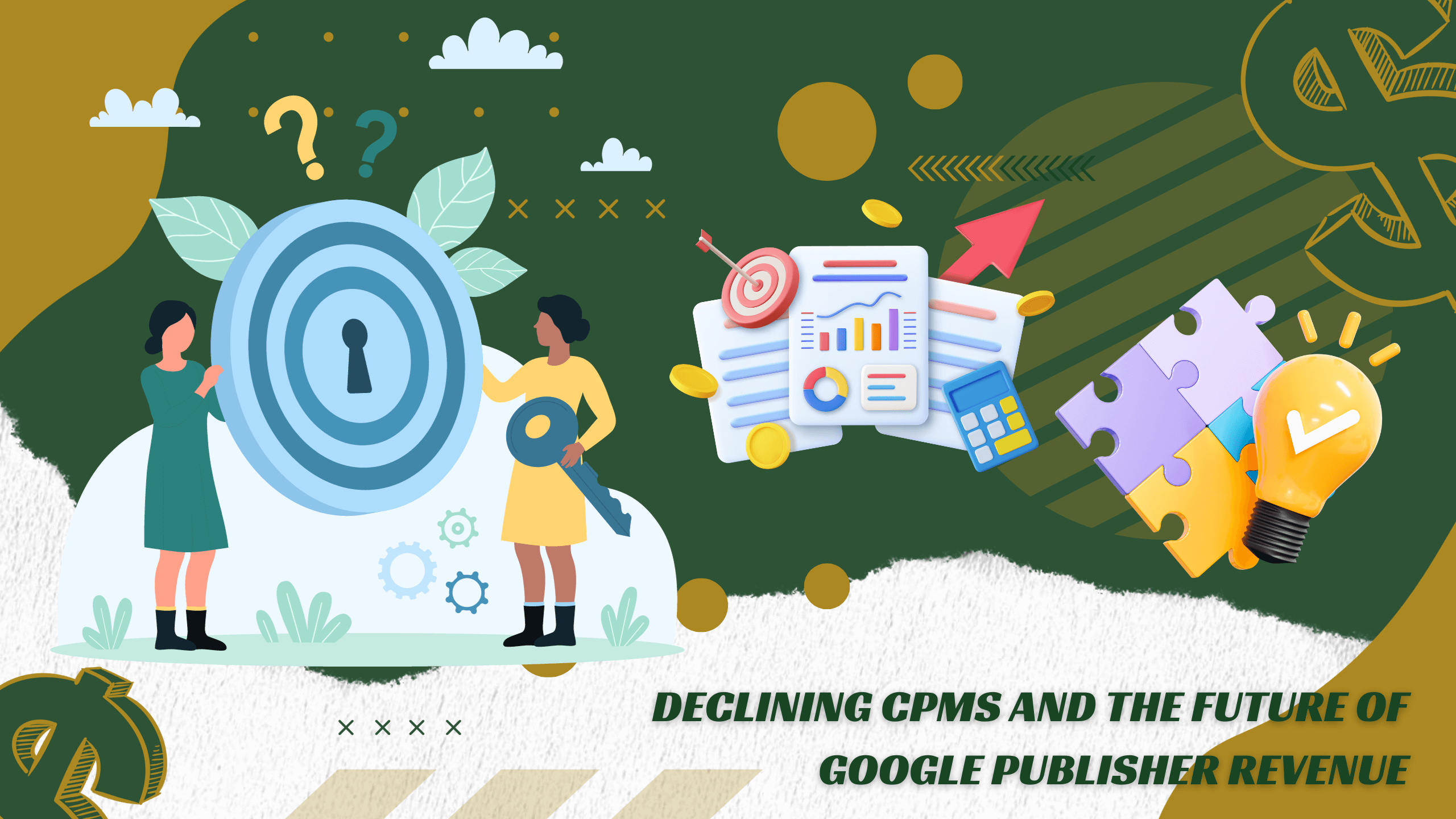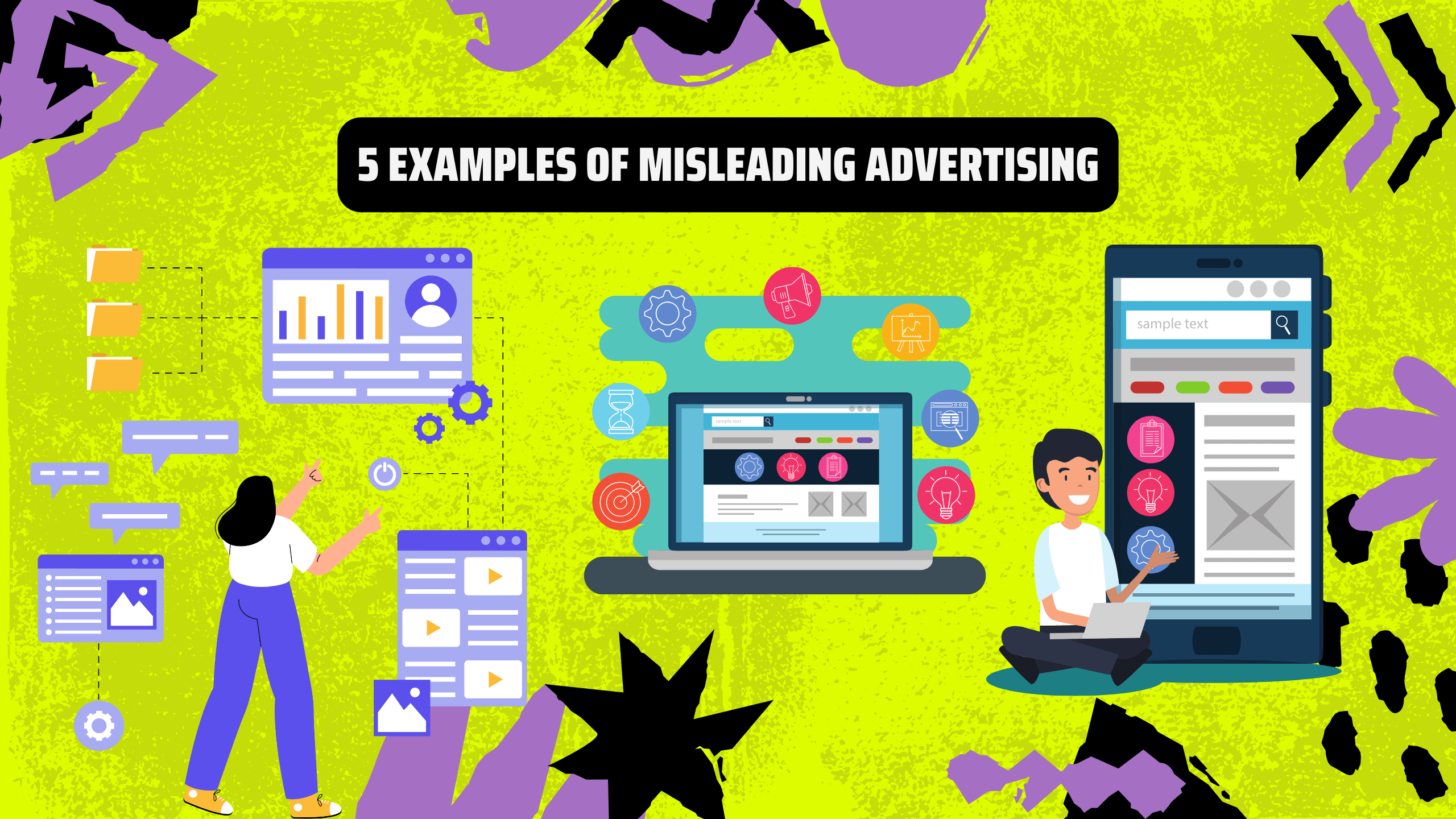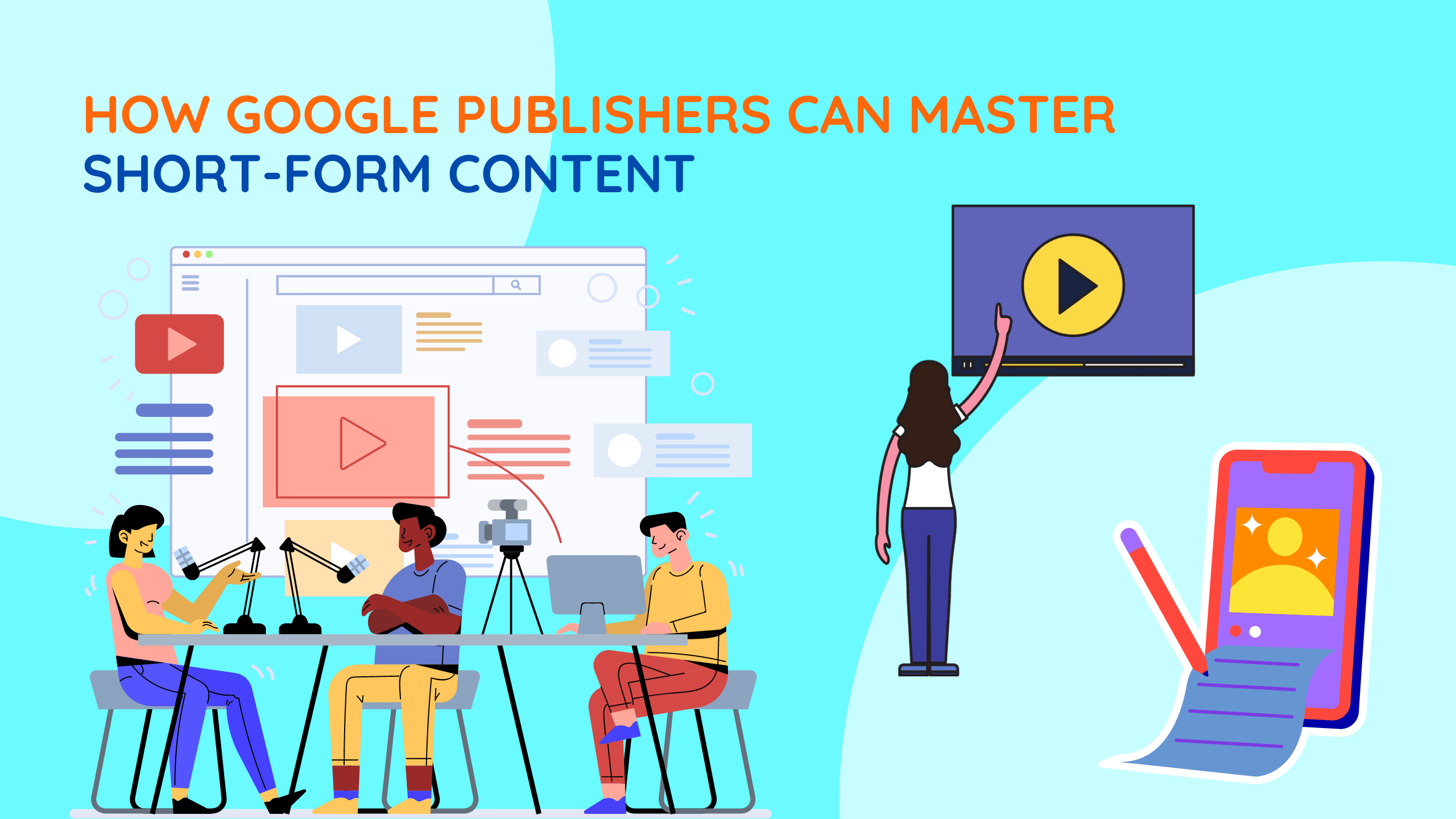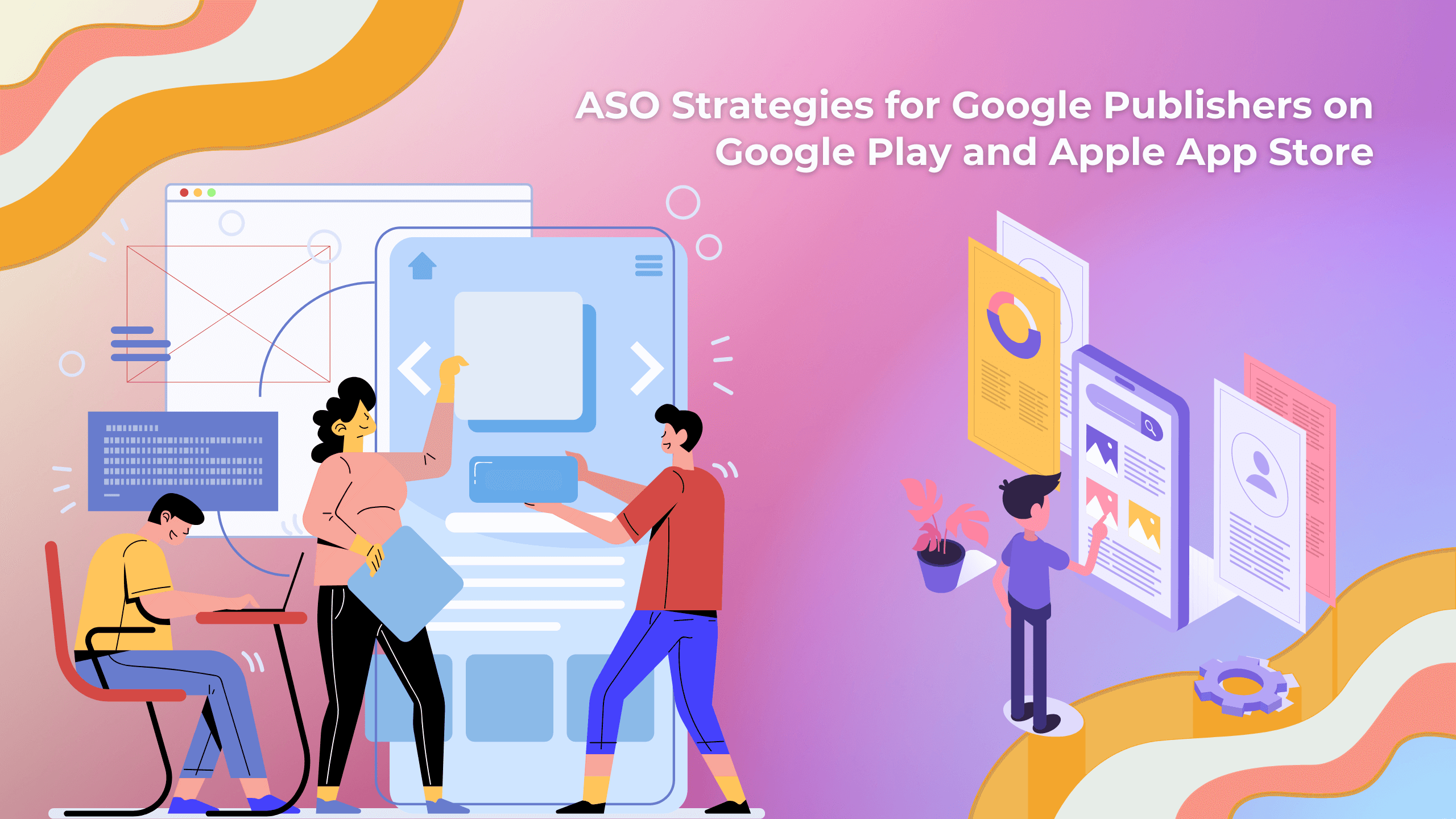In the vast realm of digital advertising, understanding key metrics is essential for maximizing campaign success. One such metric that holds significant importance is cost per click (CPC). In this blog, we’ll dive into the intricacies of CPC, its relevance in pay-per-click advertising, and how advertisers can leverage it to drive targeted traffic and achieve their marketing goals. Get ready to explore the power of CPC and take your ad campaigns to new heights!
I. Overview of CPC:
Before we delve into the details, let’s define CPC and understand its significance in the digital advertising landscape. Cost per click (CPC) is a pricing model in which advertisers pay for each click their ad receives. It provides advertisers with valuable insights into the effectiveness of their campaigns and allows them to control their advertising costs based on actual user engagement.
II. The Relevance and Impact of CPC:
In today’s digital era, where businesses strive to optimize their advertising efforts, CPC plays a pivotal role in achieving campaign objectives. By understanding the relevance and impact of CPC, advertisers can make informed decisions and drive effective pay-per-click (PPC) strategies. CPC enables advertisers to:
1. Drive Targeted Traffic:
CPC ensures that advertisers pay only when users click on their ads, which helps generate qualified and targeted traffic to their websites. It allows businesses to focus their budget on actual user engagement rather than impressions or views.
2. Control Advertising Costs:
With CPC, advertisers have control over their ad spending since they pay only when users take the desired action of clicking on their ads. This pricing model allows for budget optimization and better allocation of resources.

3. Measure Ad Performance:
CPC serves as a key performance indicator (KPI) for PPC campaigns, providing valuable insights into the effectiveness of ads. Advertisers can track the number of clicks received, measure click-through rates (CTRs), and assess the overall performance of their ads.
III. Key Components and Features of CPC:
1. Ad Rank and Quality Score:
Ad Rank is a crucial factor that determines the position of an ad in search engine results pages (SERPs). Quality Score, a metric assigned by search engines, influences the ad rank and CPC. Higher Quality Scores can lead to better ad positions at a lower cost.
2. Keyword Research and Targeting:
Effective keyword research and targeting are vital for CPC success. Advertisers need to identify relevant keywords that align with their business objectives and ensure their ads appear in front of the right audience.
3. Bid Management:
Bidding strategies play a significant role in CPC campaigns. Advertisers must determine their maximum bid for each click and adjust their bids based on factors such as competition, keyword performance, and desired ad placement.
IV. Benefits and Advantages of CPC:
1. Cost Control and ROI:
CPC allows advertisers to set a maximum bid for each click, ensuring control over their advertising costs. With proper optimization and conversion tracking, advertisers can calculate their return on investment (ROI) and make data-driven decisions.
2. Targeted Reach and Relevance:
CPC campaigns enable businesses to reach a highly targeted audience. By carefully selecting keywords, demographics, and ad placements, advertisers can ensure their ads appear in front of users who are more likely to engage and convert.

3. Real-Time Performance Tracking:
CPC provides real-time data on click performance, allowing advertisers to monitor their campaign’s progress and make adjustments as needed. Advertisers can identify underperforming keywords or ad variations and optimize their campaigns to drive better results.
4. Enhanced Brand Visibility:
CPC campaigns can significantly boost brand visibility. With strategic ad placements and compelling ad copies, businesses can increase their online presence and create brand awareness among their target audience.
V. Use Cases and Examples:
1. Search Engine Advertising:
Imagine a travel agency running a CPC campaign on search engines. By targeting keywords related to travel destinations and offering enticing deals, the agency can attract clicks from users actively searching for travel options. CPC helps the agency generate qualified traffic and potential leads.
2. Social Media Advertising:
A fashion retailer wants to promote its latest collection on social media platforms. By leveraging CPC campaigns on platforms like Facebook or Instagram, the retailer can display visually appealing ads to a specific audience segment, driving clicks and directing interested users to their online store.
VI. Best Practices and Tips:
1. Comprehensive Keyword Research:
Thorough keyword research is crucial for CPC success. Use keyword research tools to identify relevant and high-performing keywords that align with your business goals.
2. Compelling Ad Copy and Call-to-Action:
Create compelling ad copy that grabs users’ attention and includes a clear call-to-action (CTA). Engage users and entice them to click on your ads by highlighting unique selling points and offering value propositions.

3. Landing Page Optimization:
Ensure your landing pages align with your ad messaging and provide a seamless user experience. Optimize landing pages for faster load times, mobile responsiveness, and clear conversion paths to maximize click-to-conversion rates.
VII. Challenges and Considerations:
1. Ad Fatigue and Banner Blindness:
In highly competitive markets, consumers may develop ad fatigue or banner blindness, leading to reduced click-through rates. Advertisers must continuously optimize their ads, refresh creative elements, and experiment with ad formats to combat these challenges.
2. Increasing CPC Costs:
CPC costs can vary depending on industry competition and ad relevance. Advertisers should monitor their CPC bids regularly, identify areas of improvement, and refine their targeting strategies to ensure optimal performance and cost efficiency.
VIII. Future Trends and Implications:
1. Ad Personalization and Dynamic Ads:
The future of CPC lies in ad personalization and dynamic ad creation. Advertisers can leverage user data, artificial intelligence, and machine learning to deliver tailored ads that resonate with individual users, increasing click-through rates and overall campaign performance.
2. Voice Search and CPC:
As voice search continues to grow, advertisers will need to optimize their CPC campaigns for voice-activated assistants like Siri, Alexa, or Google Assistant. Voice-specific keywords and targeted ad placements will play a crucial role in capturing this emerging market.
IX. Conclusion:
Cost per click (CPC) remains a valuable metric in the world of pay-per-click advertising. By understanding the intricacies of CPC, its benefits, and implementing best practices, businesses can effectively drive targeted traffic, control costs, and achieve their marketing objectives. Embrace the power of CPC and unlock the potential of your ad campaigns to drive measurable success!

